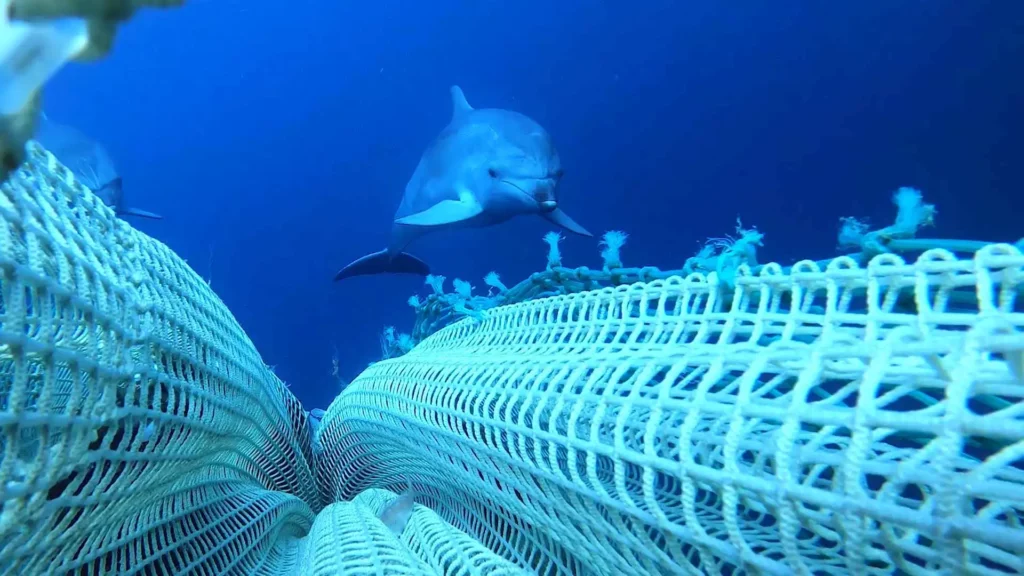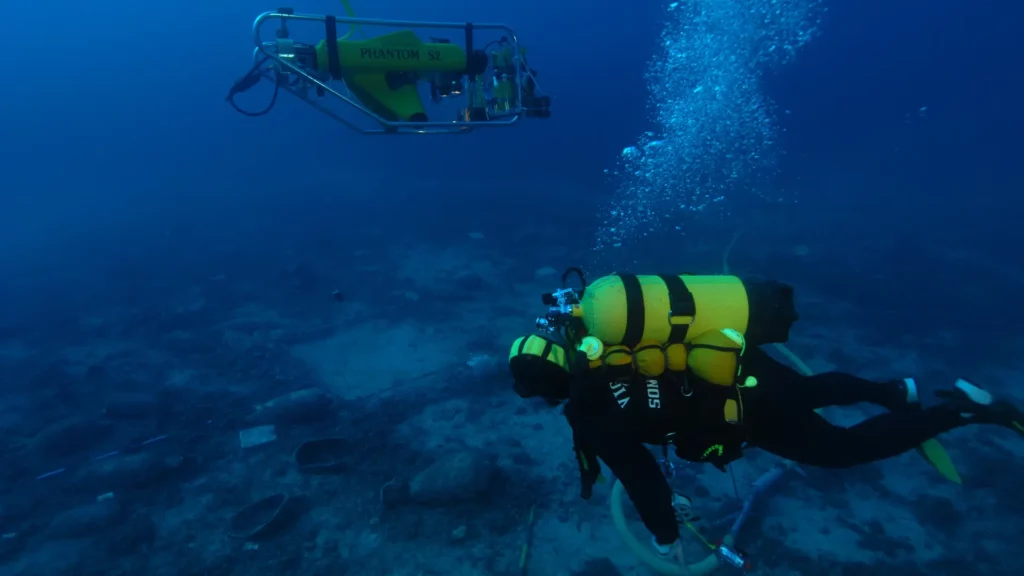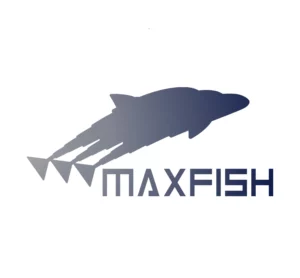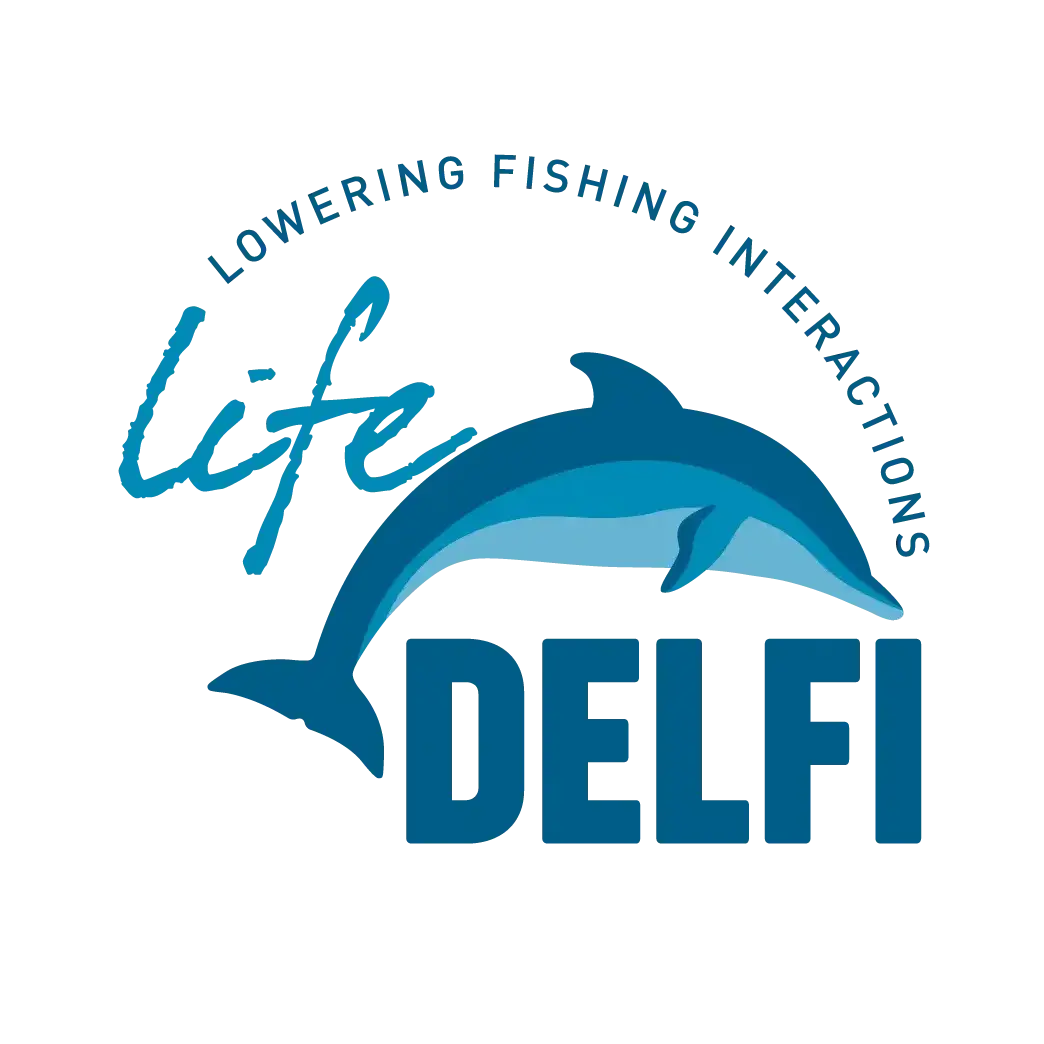Marine Robotics
Marine research involves a wide range of scientific fields, including marine biology, oceanography, environmental sciences and geology. ANcybernetics uses advanced technologies to support these fields of study, contributing to a deeper understanding of the fragile marine ecosystems.
Scientific activities
The marine robotics activities promoted by ANcybernetics support scientific exploration, allowing researchers to improve their understanding of marine biology, geology and environmental conditions. The spin-off actively supports studies aimed at preserving the delicate balance of marine ecosystems and marine sustainability. We use marine robotics to conduct non-invasive environmental monitoring, providing valuable data on the health of the oceans. From tracking marine migrations to analysing the effects of climate change, our research contributes significantly to the understanding of ocean dynamics.


Underwater archaeology
ANcybernetics collaborates on underwater archaeology projects, using marine robotics to explore and document submerged historical sites. This synergy between technology and archaeology contributes to the preservation of maritime cultural heritage, ensuring that underwater historical remains are accessible to future generations.
Support for industry
ANcybernetics plays an active role in the offshore industry, developing robotic systems for the inspection, maintenance and repair of subsea structures. With a focus on efficiency and safety, our solutions improve operations in the oil and gas industry, making offshore activities safer and more sustainable.
Projects
MAXFISH is a project dedicated to investigating models and control algorithms for robotic fish. Our bio-inspired devices are fully sensor-equipped, including AI cameras for advanced vision, hydrophones, acoustic sonar, depth sensors and temperature sensors. They are fully waterproof and manufactured using 3D printing technology.
Website: MAXFISH
LifeDELFI is a project that brings together research institutions, universities, environmental associations and marine protected areas with a common goal: to develop sustainable solutions and management models for dolphin-fishery interactions. ANcybernetics, with UNIVPM and CNR-IRBIM, has recently developed “smart” acoustic deterrents to protect cetaceans from accidental capture and to preserve fish stocks.
Website: LifeDELFI


